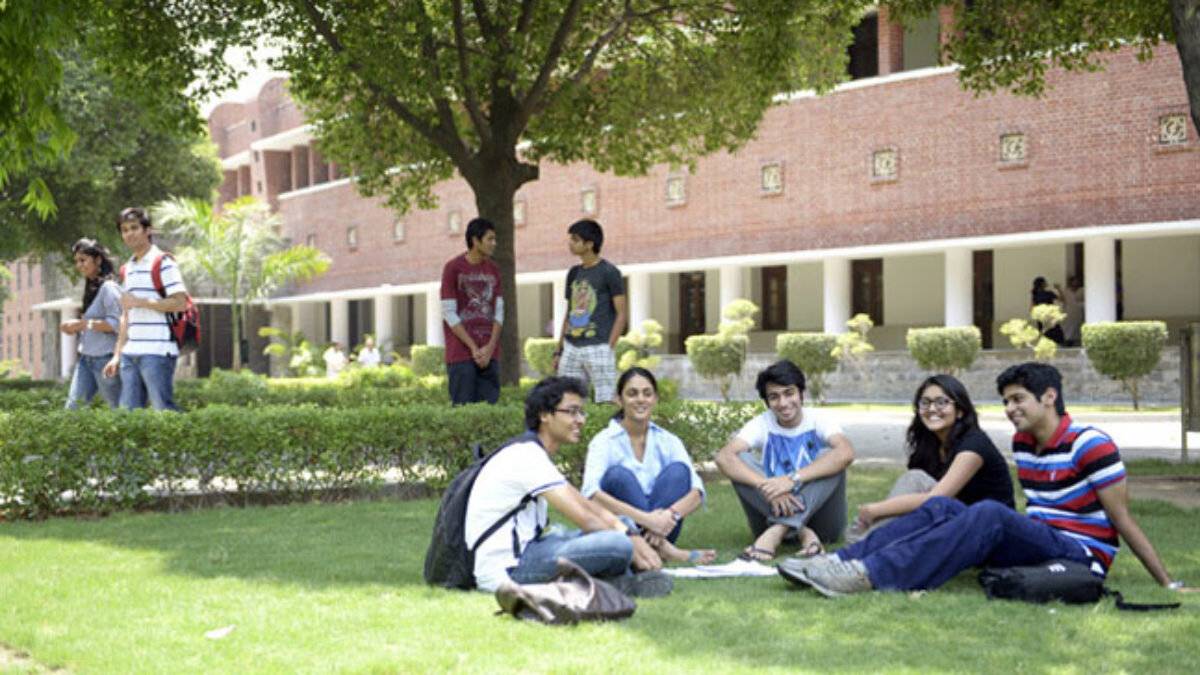Delhi University mulling creating cluster colleges for rollout of four-year UG programmes
As per the four-year undergraduate curriculum framework, which will be introduced by DU for the new batch of students for whom the academic year is likely to begin from November, students will be given the option to choose generic electives – or elective courses offered by a department other than their parent department – as part of their pool of elective courses.
Delhi University has announced that it is mulling creating clusters of colleges as a measure to offer a choice of a maximum number of its elective subjects to students under its four-year undergraduate programme.
As per the four-year undergraduate curriculum framework, which will be introduced by DU for the new batch of students for whom the academic year is likely to begin from November. As per the new framework, students will be given the option to choose generic electives – or elective courses offered by a department other than their parent department – as part of their pool of elective courses.
In each of their first four semesters, students will have to choose one from a pool of 43 Skill Enhancement Courses (SECs) and 24 Value Addition Courses (VACs). There is another set of courses called Ability Enhancement Courses (AECs) where they have to alternate between one semester of Environment Studies and another in which they can choose one among the 22 languages in the Eighth Schedule of the Constitution. The SECs, AECs and VACs are two-credit courses that require two hours of classes in a week.
With Delhi University providing so many vast options to students, an issue is that many colleges might not have the faculty or resources to provide all the approved courses as choices to its students.
“There is a limited number of teachers… How do we ensure that students get the benefit of the choices on offer but at the same time we maximise our resources? There is a proposal that colleges should be grouped into clusters known as knowledge networks… If college A in a cluster is providing the first four SECs, maybe B is providing 5, 6, 7, C is providing 21, 22, 23, and so on. There are 43 SECs. According to their faculty’s expertise and workload, colleges can see these relevant factors and identify a pool of SECs they can offer. And if you coordinate among themselves, you can come up with a common timetable for those because there are only two credits, which means two hours in a week. Maybe you can hold the classes on a Saturday. That will enable students to get more choices within increasing the faculty in your colleges,” said dean (academic affairs) K Ratnabali, addressing representatives of colleges in an orientation to the UGCF, as reported by Indian Express.
She further said that "the university is contemplating nine such groups of colleges – north, south, east, west, north east, north west, south east, south west and central."
Read More:
Follow Shiksha.com for latest education news in detail on Exam Results, Dates, Admit Cards, & Schedules, Colleges & Universities news related to Admissions & Courses, Board exams, Scholarships, Careers, Education Events, New education policies & Regulations.
To get in touch with Shiksha news team, please write to us at news@shiksha.com


She has over 10 years of experience in the education and publishing sectors. She specialises in exam coverage and content creation. At Shiksha, she writes, analyses, and presents information for students preparing f
Read Full Bio